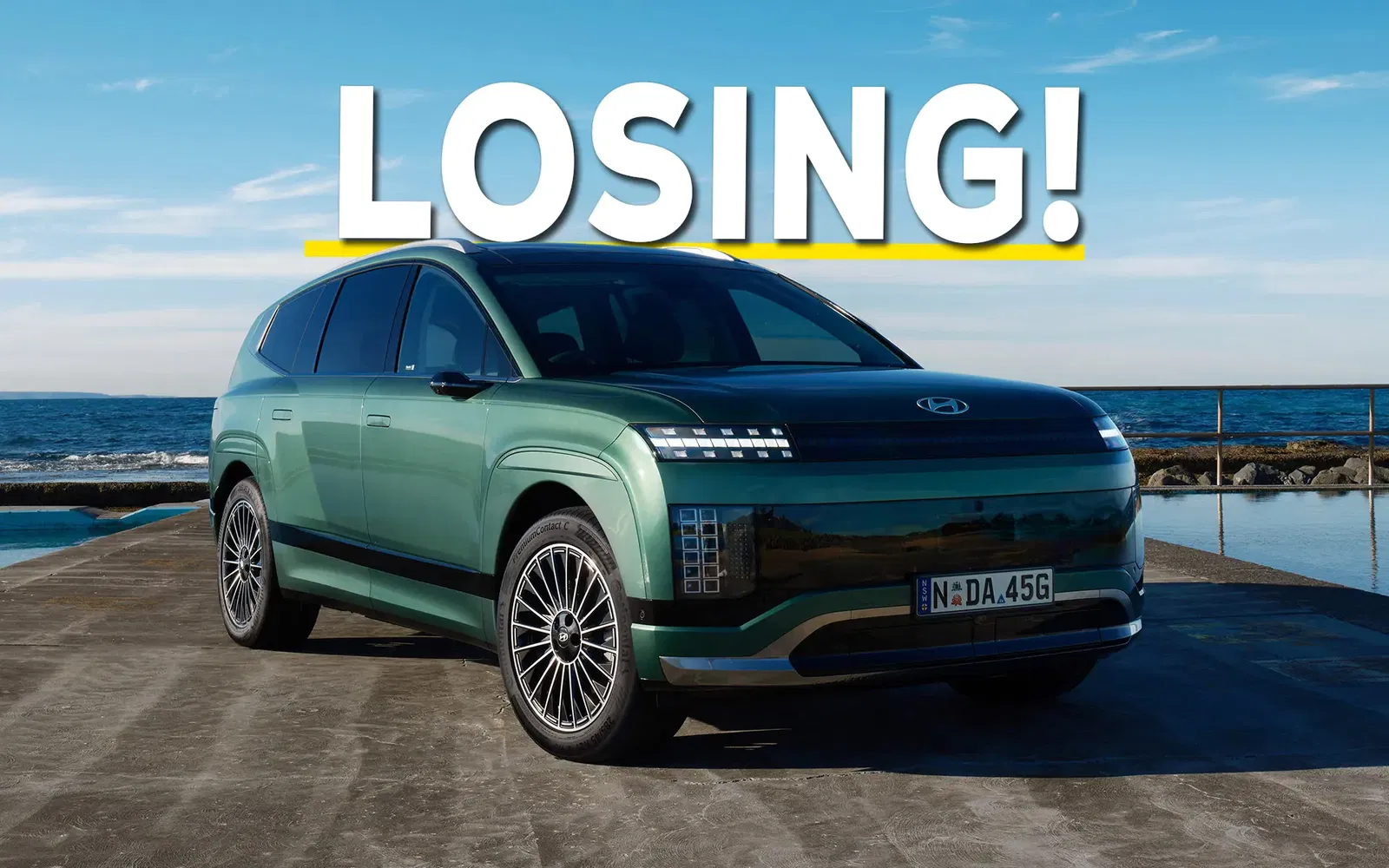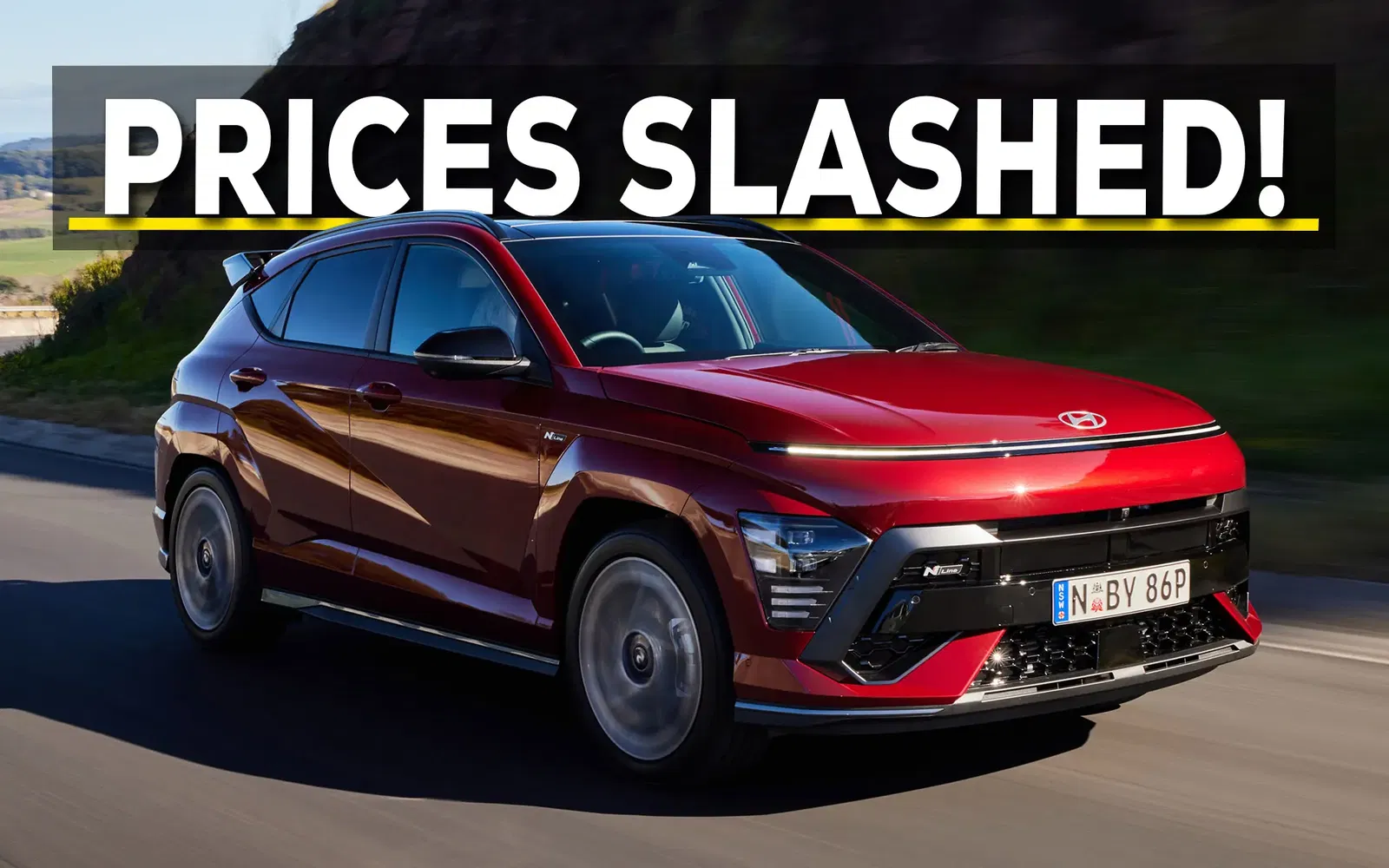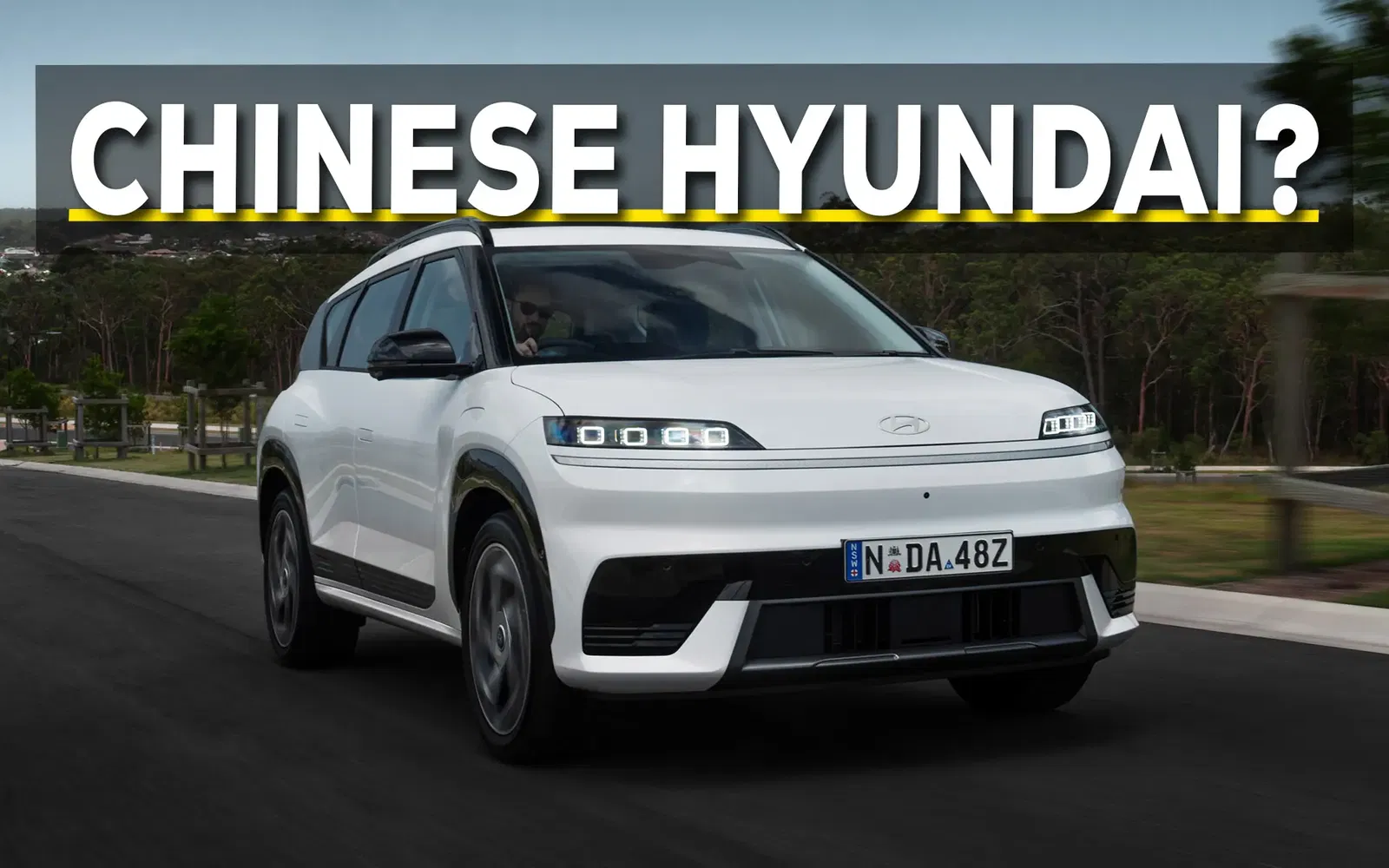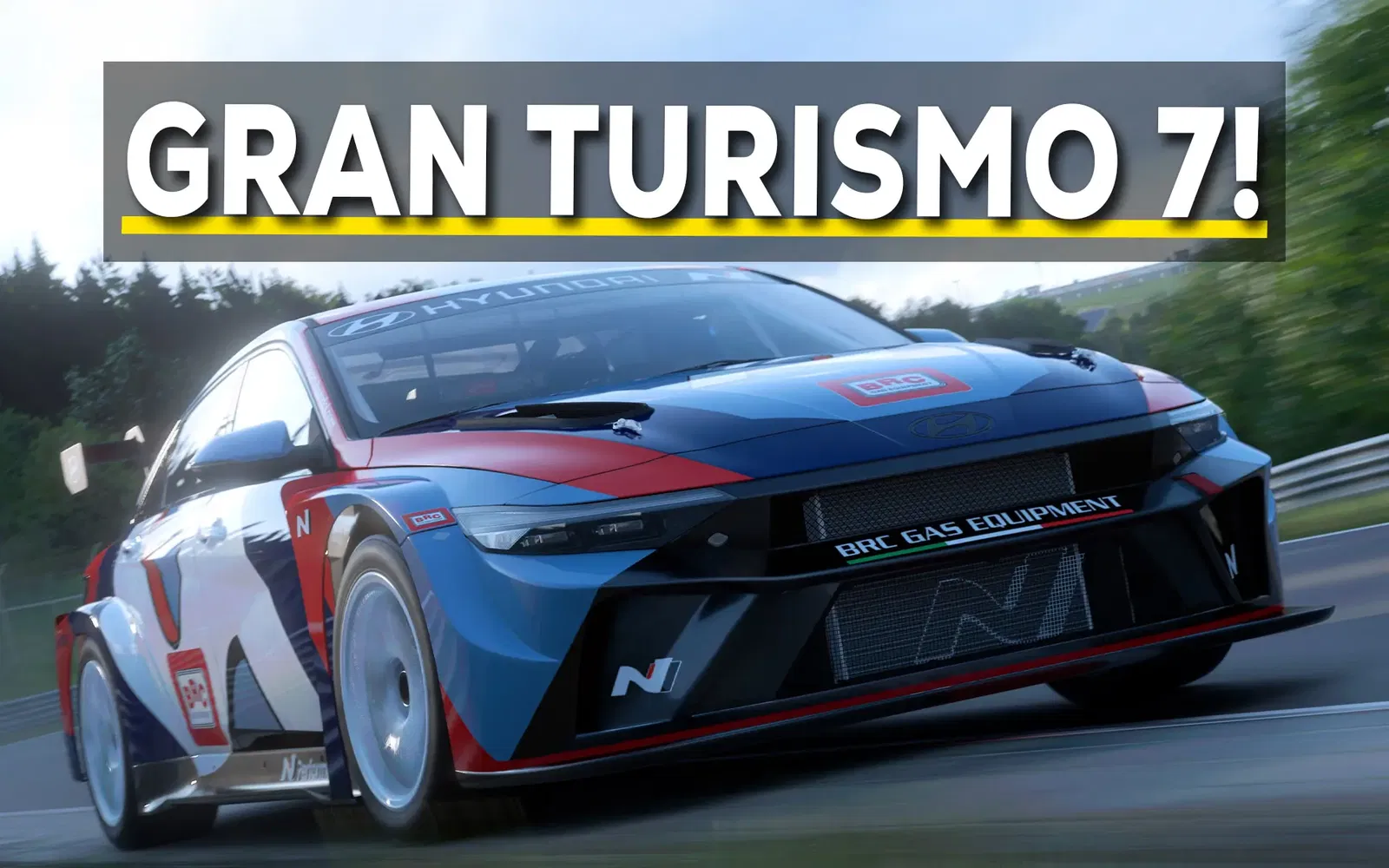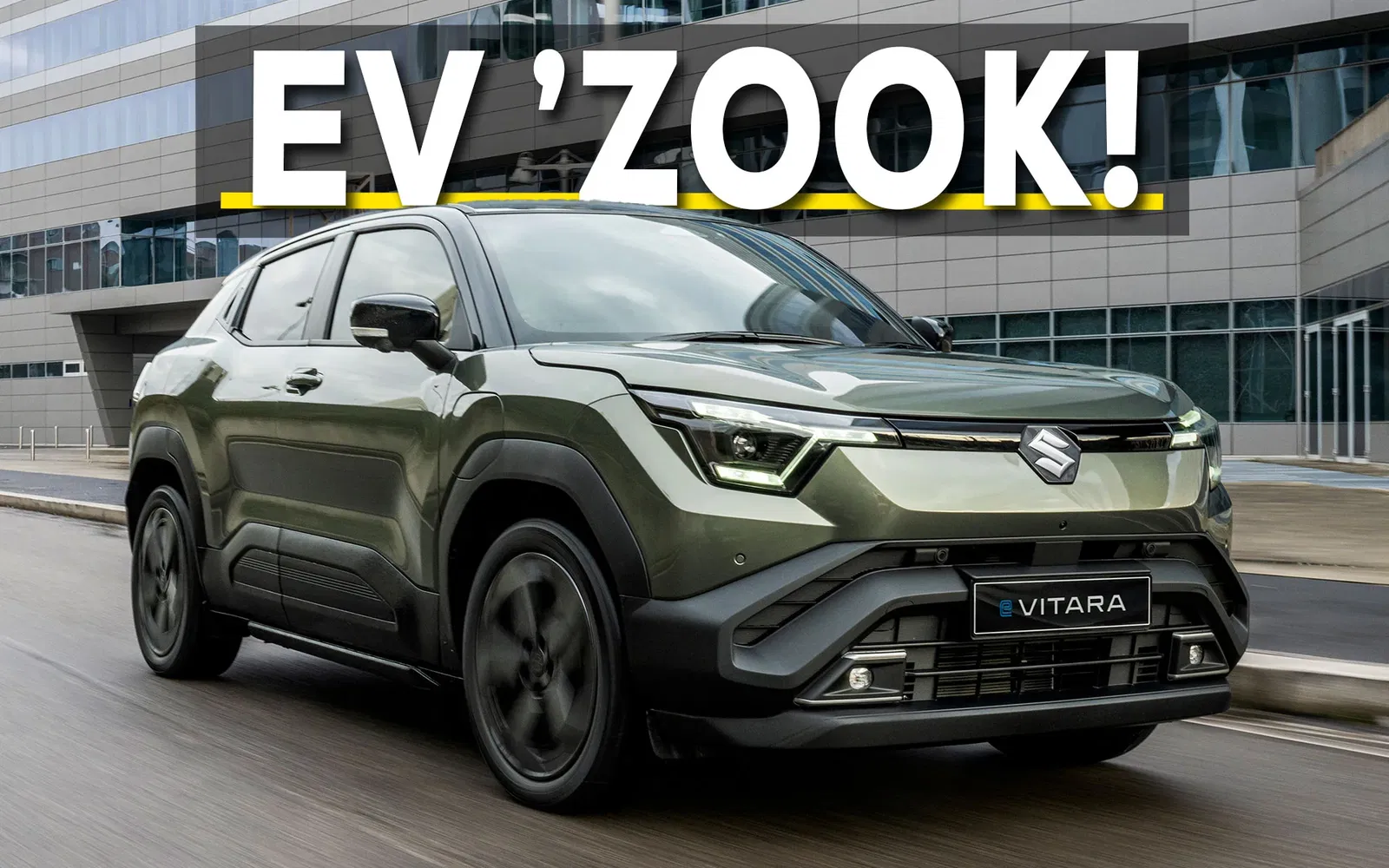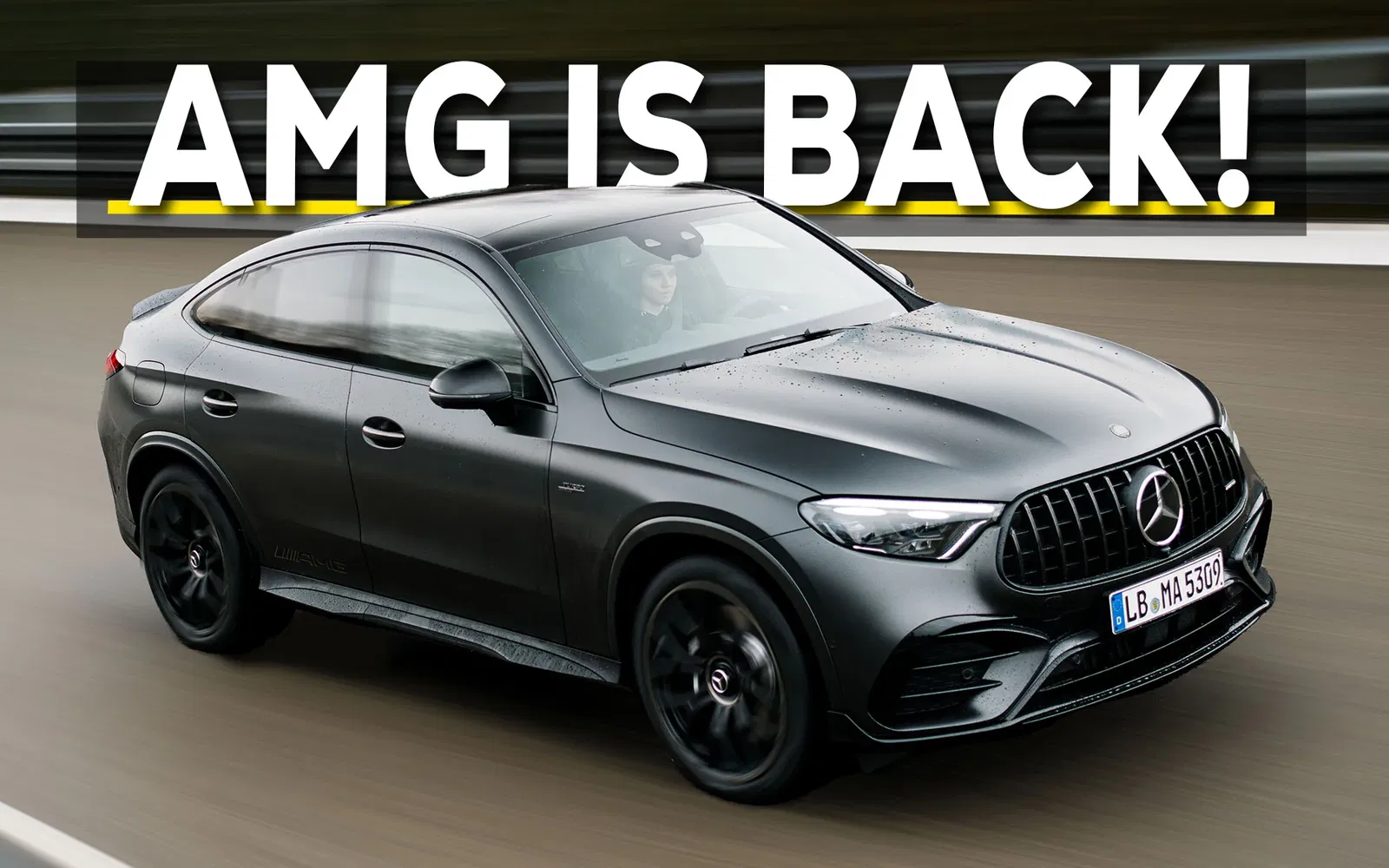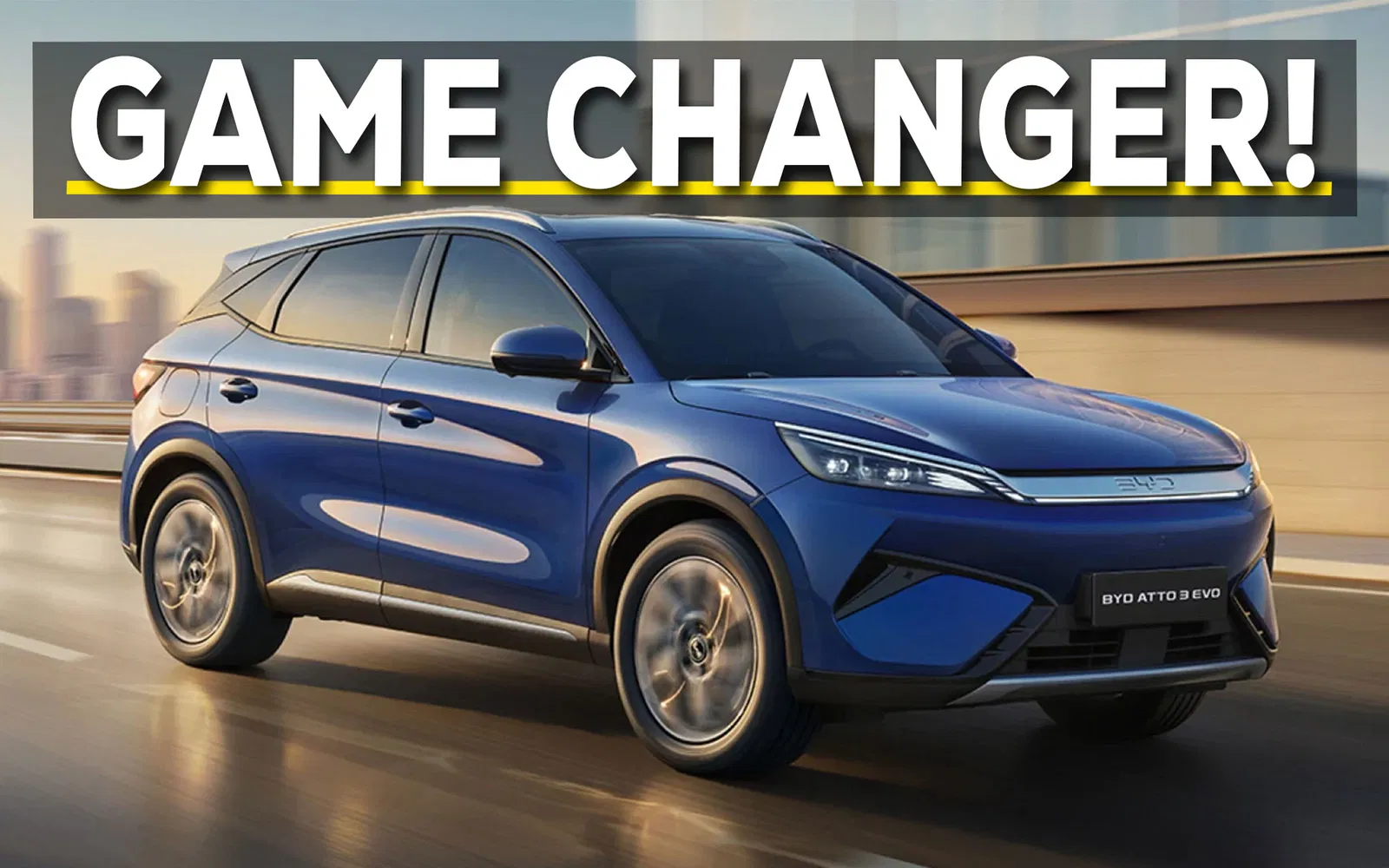Hyundai Australia CEO Don Romano has made a frank admission about the brand’s performance in the electric vehicle segment, stating:
“We do a terrible job with EVs.”
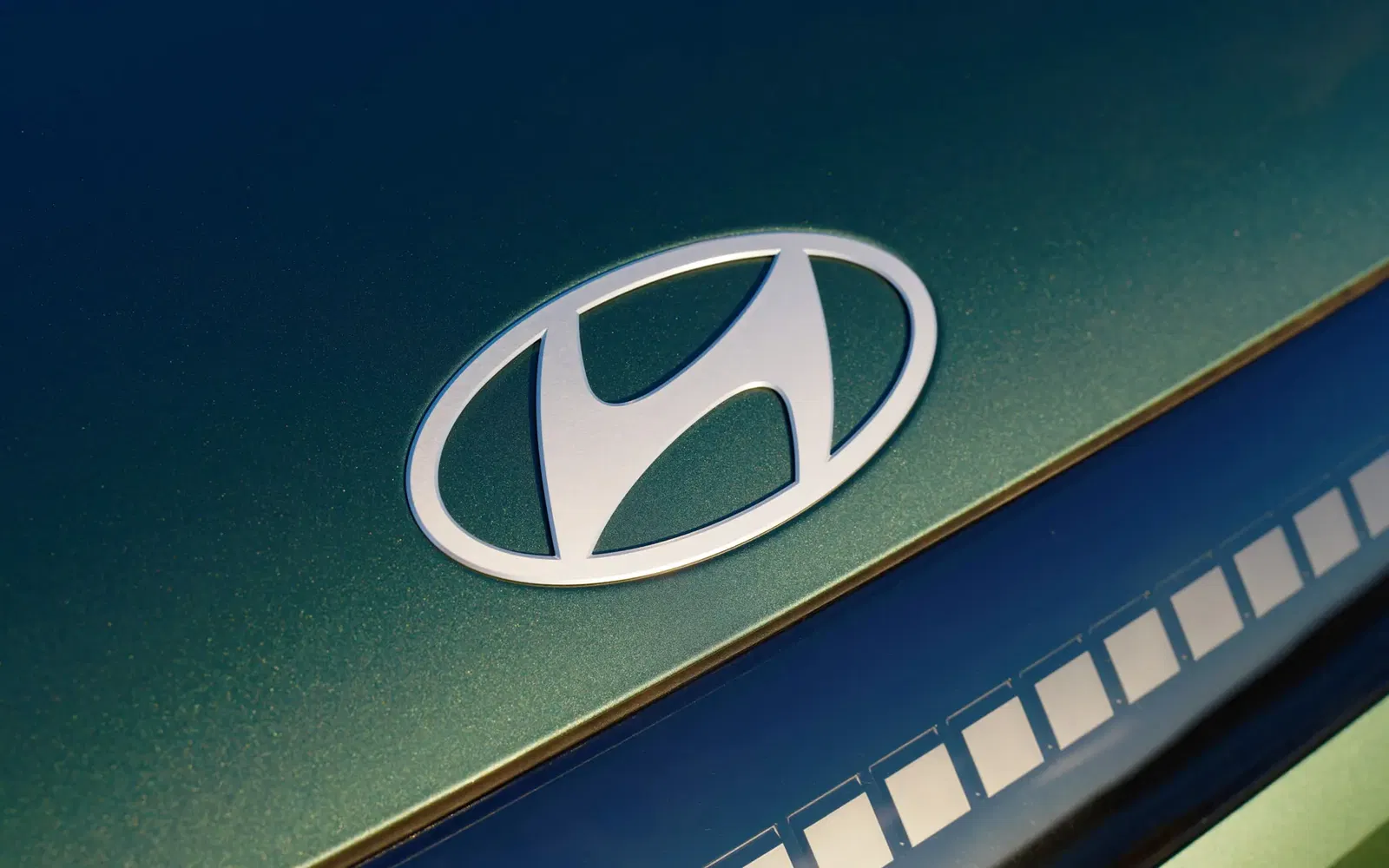
Romano was speaking at a recent media roundtable attended by CarSauce when he conceded Hyundai’s local EV sales are well below expectations, despite strong overall market performance.
“Our market share of electric vehicles is extremely low relative to our market share of total vehicles.”
According to June 2025 VFACTS data, Hyundai sold 159 electric vehicles that month — comprising 62 IONIQ 5s, 41 Inster crossovers, 9 IONIQ 6 sedans, and 47 Kona Electrics. Year-to-date, Hyundai has delivered 1035 EVs, making up just 2.6 per cent of its total 38,948 sales.
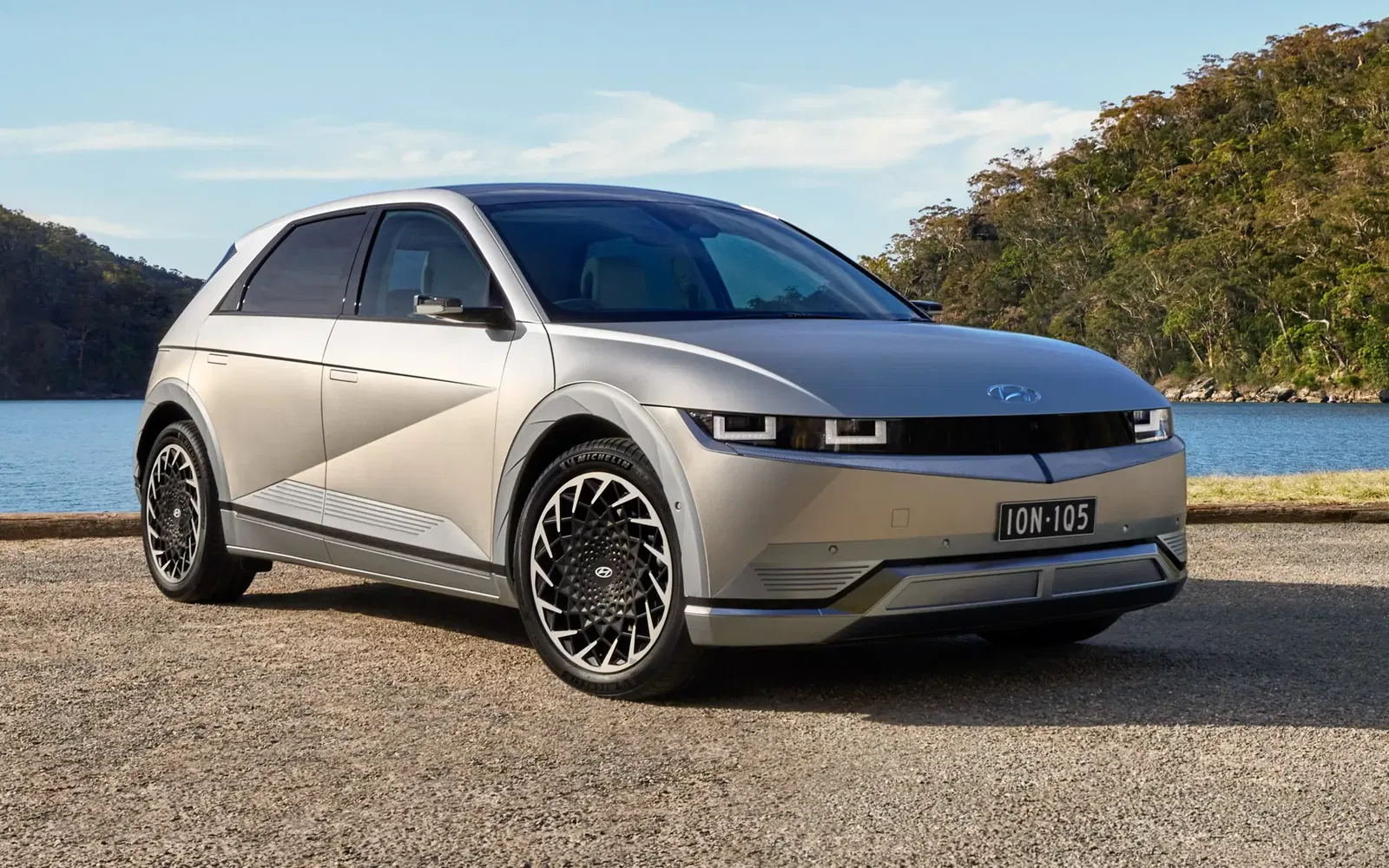
That compares to a total Australian EV market of 31,826 sales year-to-date, meaning Hyundai accounts for just 3.2 per cent of national EV deliveries.
Romano pointed to a lack of dealer engagement as a core issue. When Hyundai first launched its EV offerings in Australia, the brand pursued a direct-to-consumer model. Romano now believes that move sidelined its traditional retail network.
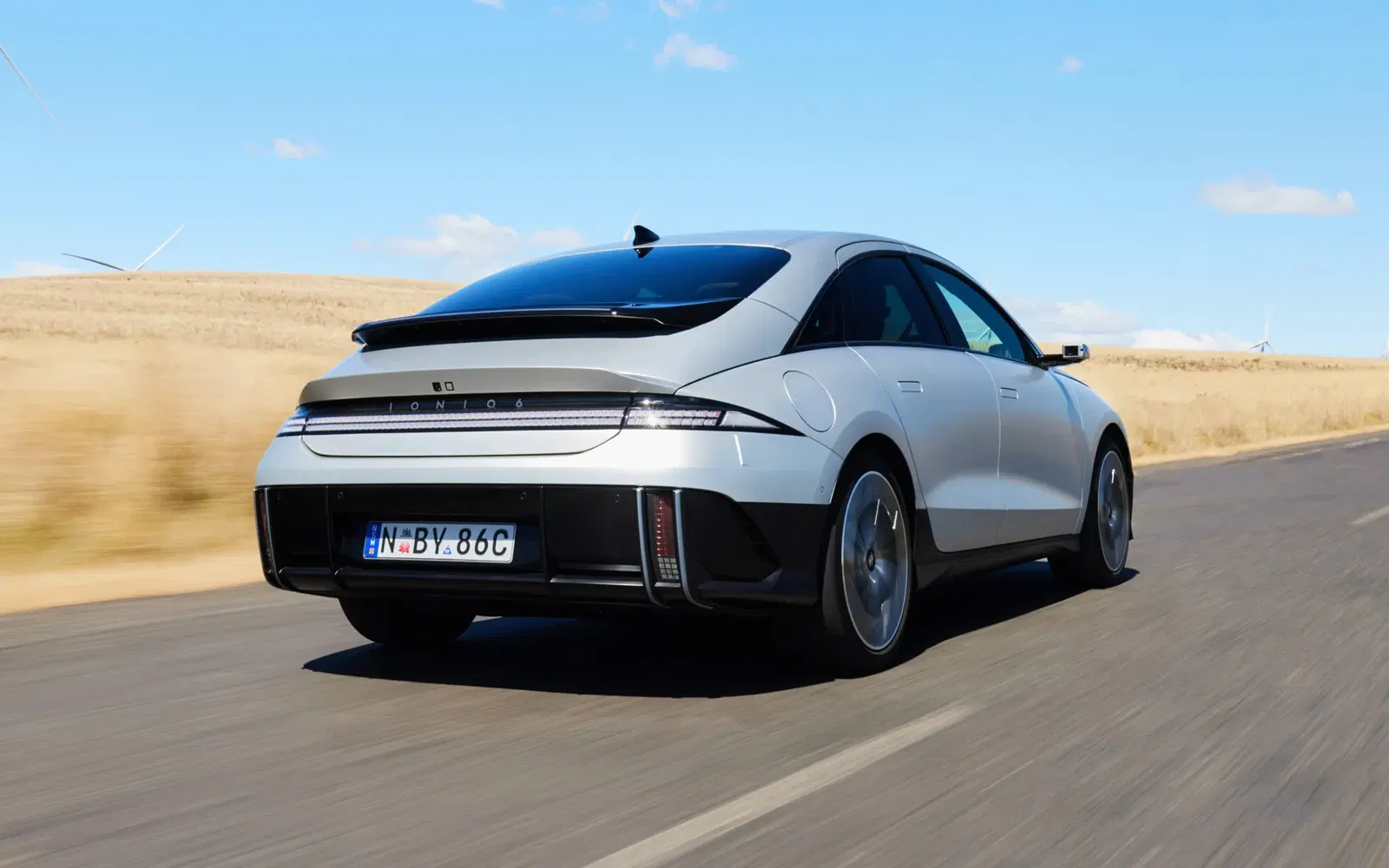
“We have a job to do to get our dealers back in again, and to let them know that we are going through our dealer body and that you are an important part of the distribution process.”
He said Hyundai must now rebuild its EV business from the ground up.
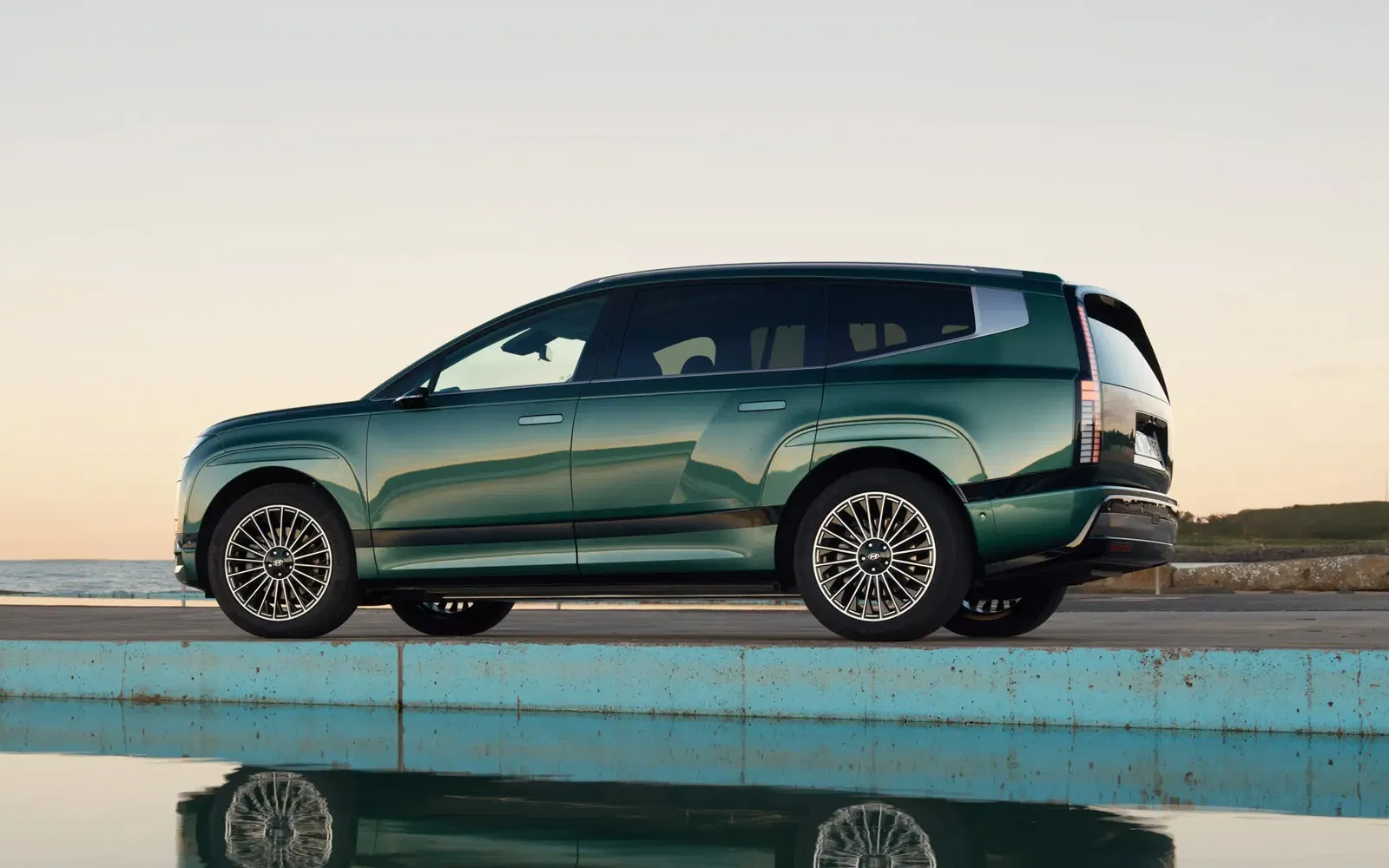
“Like when we started in these other countries, I mean we went out with months and months worth of training and certification programmes, and facility requirements, and setting up chargers — and none of that happened here, so we have to kind of start from the ground up.”
Romano emphasised that the upcoming IONIQ 9 launch will mark more than just a new model — it represents a shift in mindset.
“It’s a revolution… we need to really completely change the way in which we interact with our dealers, communicate, train, and market, and then help them market.”
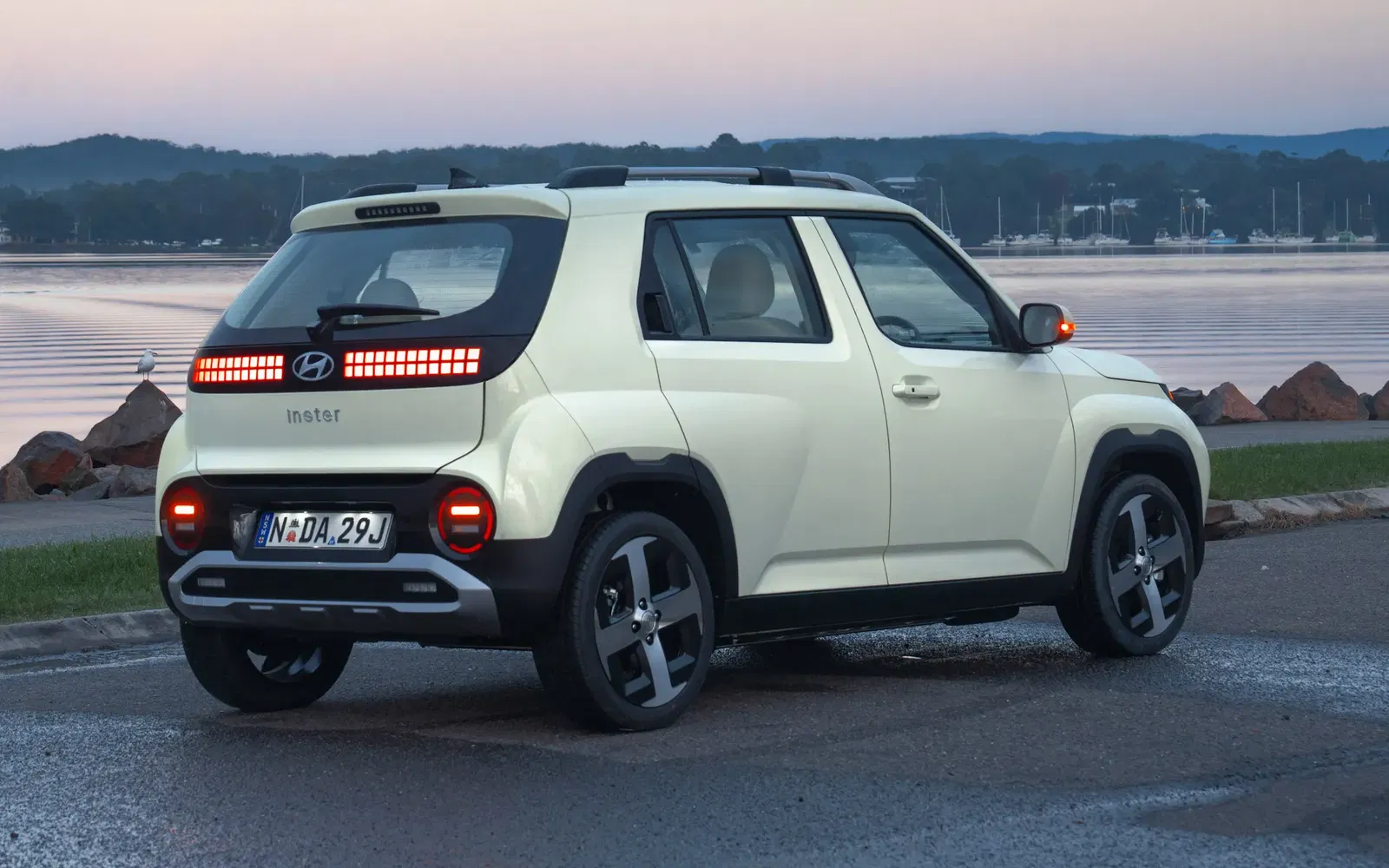
During the session, Romano was asked about Hyundai’s EV portfolio — specifically the large pricing gap between the $40,000 Inster and the $120,000-plus IONIQ 9. While Hyundai also offers the IONIQ 5, IONIQ 5 N, and IONIQ 6 — and recently revealed the IONIQ 6 N globally — the brand lacks a clear mid-sized mainstream option, a space where Chinese brands and Kia are finding traction.
.webp)
Romano stopped short of confirming new models to fill that gap but questioned the long-term viability of low-cost EV competition, particularly from Chinese manufacturers.
“The question is how long can they sustain that low price? We’re all using the same materials and the same equipment… eventually it comes to equilibrium.”
By contrast, Hyundai’s EV range was outsold nearly 6 to 1 by its corporate cousin Kia in June. Kia delivered 922 EVs that month (4340 YTD), including 321 EV3s, 553 EV5s, 29 EV6s, and 19 EV9s. Kia’s total market share was 6.4 per cent — close to Hyundai’s 6.9 per cent — but with far stronger EV penetration.
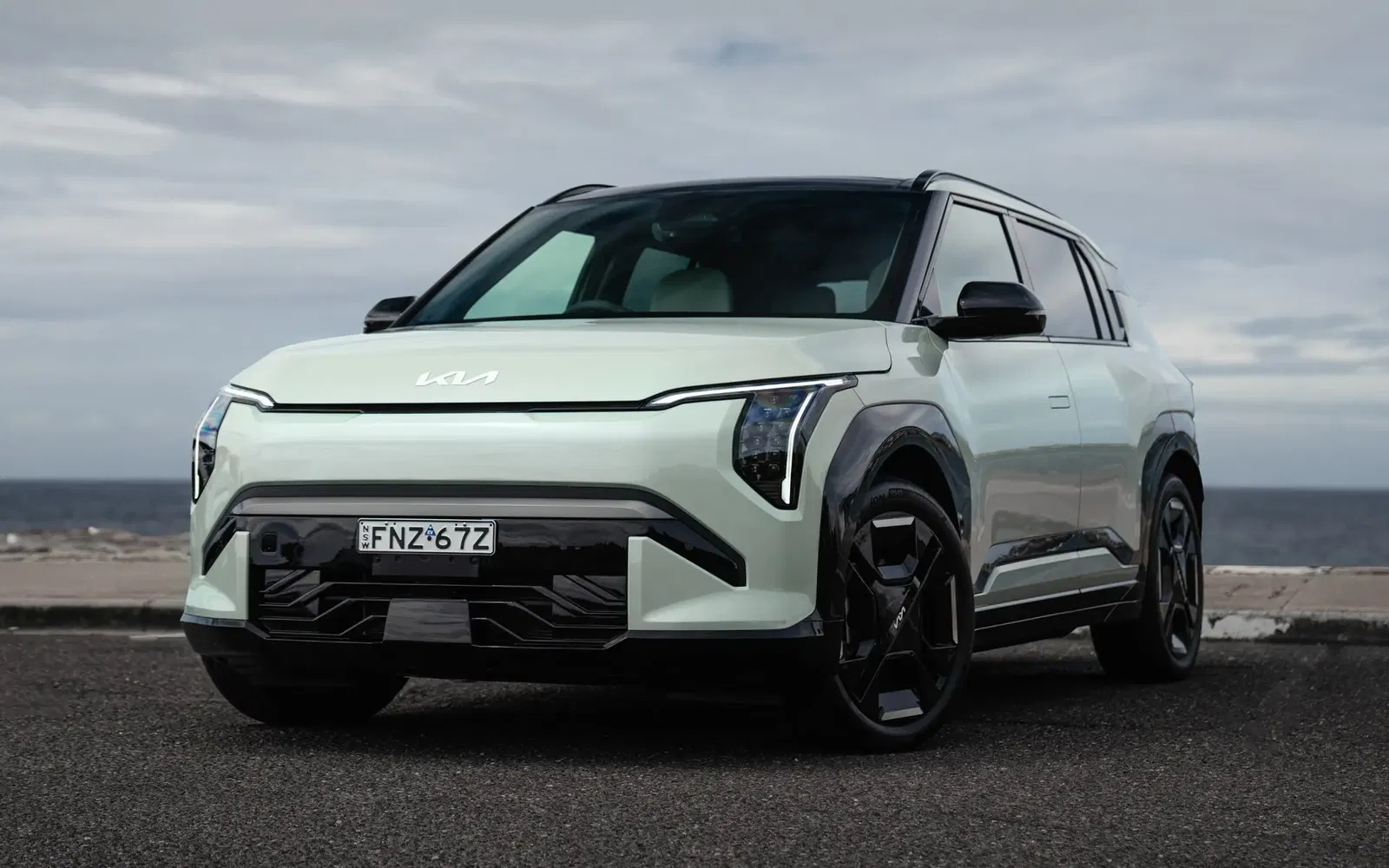
Romano joined Hyundai Motor Company Australia as CEO in March 2025, relocating from Canada where he previously led Hyundai Auto Canada through a period of market growth. He also launched the Genesis brand in Canada and was instrumental in implementing its agency model and digital sales tools.
In Australia, Romano says his focus now is on re-engaging retailers and elevating Hyundai’s EV performance to reflect the brand’s ambitions.
“We’re in the game, and we’re going to stay in the game.”
FAQ
Sign up to our newsletter
Be the first to know when we drop new car reviews.
.avif)

